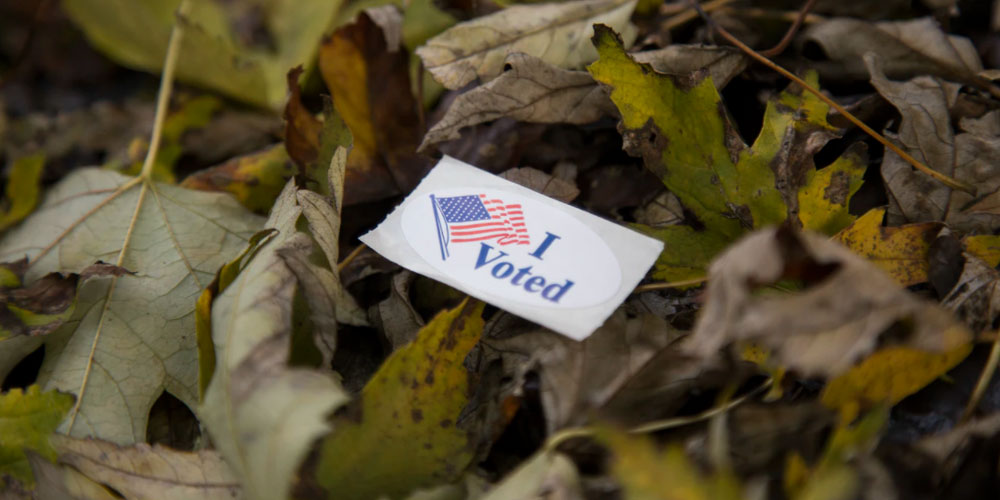
The Johnston school vote raises Rhode Island’s most important question.
The inaccuracy of Steve Ahlquist’s tweet is worth noting, but it should be a springboard, not a stopping point:
86% of Johnston voters voted to approve a $215 million proposal to finance the largest modernization of education facilities in Johnston’s history.
The results table he appends does indeed show that 1,100 people voted to approve the measure, versus 178 against, but it also shows that 23,980 Johnston residents are registered to vote. Properly speaking, therefore, only 4.6% of Johnston voters voted to approve that massive spending for all of them.
People involved in local politics debate this point frequently, tending to switch positions depending which side of a matter they support. You can bet that if the vote approved something he opposed (like safeguarding the lives of unborn children), Ahlquist would emphasize the small participation rate, perhaps insinuating voter suppression in some form.
Objectively, one basic assumption of democracy is that lack of participation is implicitly deliberate. It’s possible that the people of Johnston didn’t vote because they knew the bond would pass and supported that outcome. More likely, many of them just didn’t care enough to vote, often because they don’t care enough to pay attention.
Moreover, such issues don’t have to be broadly unpopular to generate opposition. A contributing factor is whether they inspire strong opposition among a small group of people willing to expend time and money convincing their neighbors.
These possibilities raise an important question that those of us who do care ought to answer. Do Rhode Islanders support the direction of our state? Do they simply not care? Or are the apathy and hopelessness so profound that small groups don’t (or can’t) form to mount an opposition?
The natural incentives are obviously in favor of the big spenders. Each vote seems like a relatively small charge on the tax bill, while on the other hand, a minority of residents will see a significant improvement in an area of special interest for themselves. Our state goes further, layering on regulations, mandates, and thumbs on the scale to throw this imbalance into a full tilt.
We need to break this pattern, because it’s not just spending. The same factors that lead to crumbling infrastructure despite high taxes lead to abysmal educational results and more.
In that context, both sides of the vote may hinge on hope. A majority up to 95% is hopeless that its vote can make a difference, while the 5% turn out because they hope desperately that spending a bunch of money will do something (anything) to improve their situation.
It won’t… at least not in the long run.
Featured image by Josh Carter on Unsplash.


Having gone to the State House to support/oppose various bills this week, I can understand why Rhode Islanders would give up on having an impact. Votes are right along party lines, no matter how resounding the public pleas to the contrary.